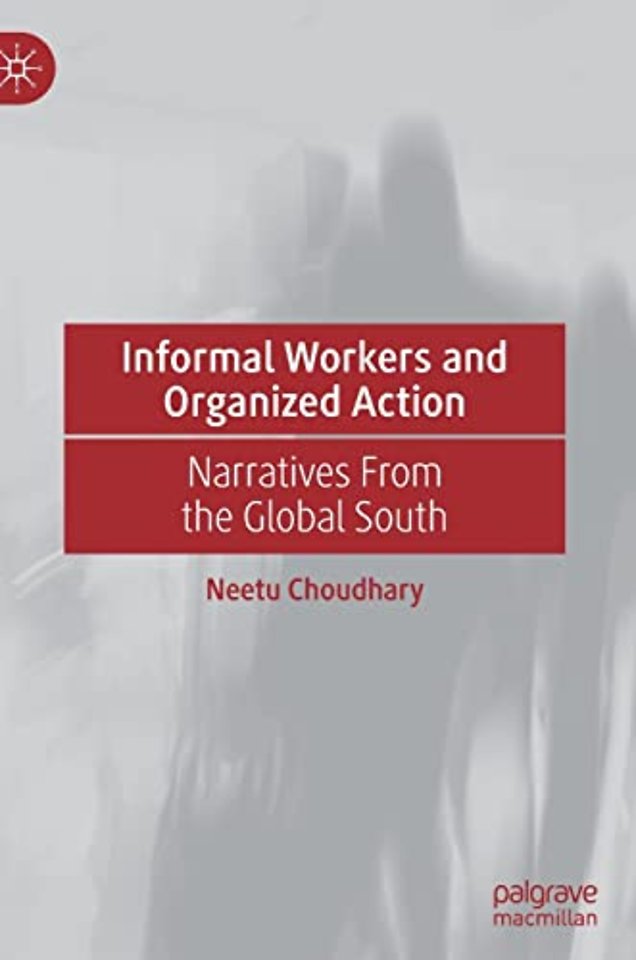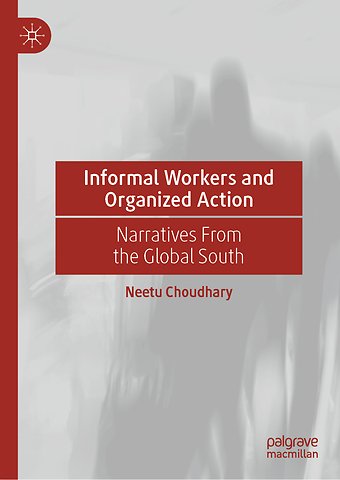Informal Workers and Organized Action
Narratives From the Global South
Samenvatting
This book utilizes the School to Work Transition Survey (SWTS) of the ILO to discuss what shapes an individual worker’s decision to participate in unionization and how her working condition is affected by that.. There remains a disconnect as far as our understanding of the relationship between the labour’s choice to unionize as individual actor and the broader socioeconomic, political and cultural context of that choice, is concerned.Using the SWTS data, the book focuses on the identification of the correlates of workers’ propensity to unionize, the outcomes of unionizing and their synthesis with the wider political economy context to arrive at stylized patterns in the way informal workers exercise their agency.The book also reflects upon field data on organizing challenges of migrant workers in the light of the COVID-19 pandemic in India. The book does not claim to establish any causality but is interested in bringing out broad patterns that define informal workers’ organizing in a particular context. In the process, the book ends up with the preposition that despite all the heterogeneities across regions, informal workers’ organizing today can be understood through the lens of pragmatism.

